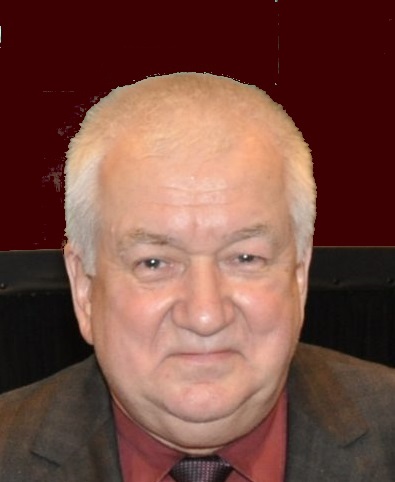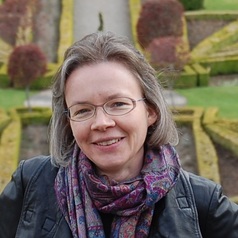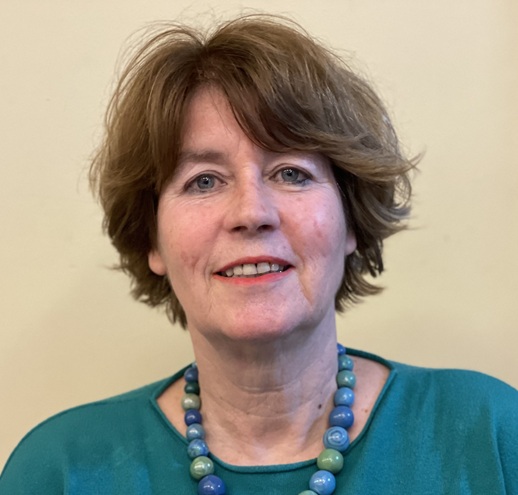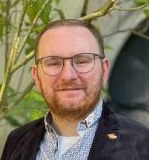The Fifteenth Annual REFORC Conference will take place May 19-May 21, 2026, hosted by the University of Wrocław (in cooperation with the University of Cologne and the University of Bonn).
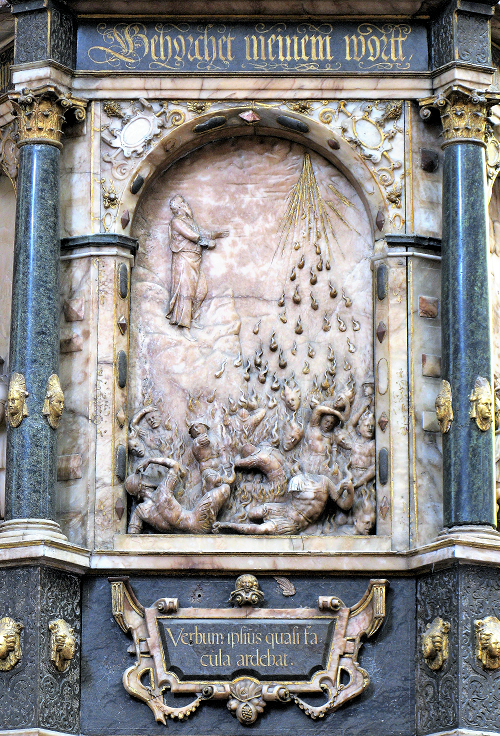
At the time of the Reformation, new ways of perceiving bodiliness and materiality began to reshape Western thought, particularly in relation to the understanding of the Incarnation and the Eucharist. In a sharp critique of medieval Aristotelianism, especially the doctrine of transubstantiation grounded in Aristotelian hylomorphic theory, the Reformers developed new understandings of Christ’s presence, the Holy Spirit, human being, and the material world. While these reinterpretations varied among the different reformers, they commonly marked a departure from medieval theological frameworks and opened the door to (re)configurations in how materiality was understood, experienced, and practiced. The reconfigured understanding of the sacraments had a substantial influence on liturgy and, consequently, also on ecclesiastical art, architecture, and music. Likewise, the role of materiality in everyday domestic piety was reassessed, reflecting broader theological reconsiderations of how the sacred could be mediated through physical forms.
The organizers of the conference invite papers and panel proposals on the topic of Early Modern Christian materiality which may include, but are not limited to following questions:
Short paper submission is closed as per February 16, 2026. In case you submitted a short paper proposal, the scientific committee will inform you on the acceptance of your paper within ca. two weeks of receipt of your proposal. The short paper proposals are currently being evaluated and compiled into a program.
During the conference, several short paper sessions will be offered. Each short paper presentation will last 20 minutes, followed by 10 minutes for discussion.
You can still register for the conference via the registration form.
Preferred language for short papers is English, but papers in French and German are also welcome. Presenters who prefer to give their paper in French or German must provide the audience with an English summary of about 150-200 words.
The conference volume will be published by Vandenhoeck & Ruprecht in the series Refo500 Academic Studies (R5AS) and will contain plenary papers and a selection of short papers. Another publication venue is the Journal of Early Modern Christianity (JEMC).
Manuscripts for the conference volume can be submitted after the conference to the editors: Aleksandra Lipińska, Katharina Opalka, Agnieszka Seidel-Grzesińska, and Marcin Wisłocki. Presenters will receive an email invitation and the R5AS stylesheet after the conference. All other manuscripts can be submitted to editor-in-chief of the JEMC, Wim François.
Editors will decide on publication.
Aleksandra Lipińska (Cologne), Katharina Opalka (Bonn), Agnieszka Seidel-Grzesińska (Wrocław), Marcin Wisłocki (Wrocław).
Image: Pulpit relief in the St Mary Magdalene Church in Wrocław, depicting Elijah sending fire on Ahaziah’s troops, by Friedrich Gross the Elder (1579-1580). Photo: Mirosław Łanowiecki
Aula Leopoldina University of Wrocław, Plac Uniwersytecki 1, Wrocław, Poland.
Institute of Art History, University of Wrocław, ul. Szewska 36, 50-139 Wrocław
Historical Institute, Szewska Street 49, Auditorium
REFORC Institutional/Individual Member: € 105,00.
Regular price: € 180,00.
Student, REFORC Institutional/Individual Member: € 85,00.
Student, regular price: € 145,00.
Spouse/partner: € 90,00.
Your registration will become effective on receipt of your payment. If your payment has not reached us, we cannot include your paper in the programme and/or add your name to the list of participants. Your payment should be completed:
An invitation letter, often necessary for visa applications, will be issued upon your request and once your registration and payment have been completed. The letter includes your name, affiliation, and, if applicable, proposed paper title, as well as a confirmation that your paper was accepted and that you paid the registration fee. It does not contain an invitation to attend the conference.
Detailed information how to get there, how to get around as well as an interactive map can be accessed here.
Short Paper Submission: February 15, 2026.
Registration: May 5, 2026.
Presenters may only use the university’s equipment (laptop, beamer, including audio). They will be asked to submit their (PPT) presentations beforehand, so that these can be installed on the laptop in the room.
Conference participants will be invited to enhance their conference experience by registering for one of our five guided post-conference excursions. Each excursion offers a unique opportunity to explore remarkable sites and insights connected to Early Modern Christianity. The excursions are scheduled May 21, 2026, 15:00-16:30.
All conference rooms are accessible for people with limited mobility, including wheelchair users, with the exception of the rooms in the Historical Institute. If you anticipate any problems, please contact the organization at reforc2026@reforc.com.
Hotel recommendations, nearby and at reasonable prices:
1. Art Hotel
Ul. Kiełbaśnicza 20
Price from around 260 PLN
1. Campanile Wrocław – Stare Miasto
ul. Jagiełły 7
Price from around 200 PLN
3. Herbal Hotel Wrocław
ul. Włodkowica 15-17
https://www.herbalhotel.pl/
Price from around 310 PLN
4. Ibis Wrocław Centrum
Powstanców Śląskich 7b
Price from around 360 PLN
Direct access to the University by tram No. 7 (15 min)
5. InterHotel
ul. Kamieńskiego 205
Price from around 200 PLN
Direct access to the University by bus No 144 (20 min)
6. Hotel Jazz Wrocław
Łazienna 4, Wrocław, Polska
Price from around 200 PLN
7. Korona Hotel Wroclaw Market Square
ul. Oławska 2
Price from around 330 PLN
8. Old Town Haston
Pl. Biskupa Nakiera 1
Price from around 380 PLN
9. HP Park Plaza
Bolesława Drobnera 11/13
Price from around 330 PLN
10. Qubus Hotel Wrocław
ul. Św. Marii Magdaleny 2
Price from around 360 PLN
11. Hotel Tumski
Wyspa Słodowa 10
Price from around 180 PLN
Refunds will be made for written cancellations received before February 15, 2026 less a € 30.00 processing fee. After February 15, 2026, no refunds will be made.
Publishers have the opportunity to present themselves during the conference at the book fair or via an insert in the conference folder. For more information, you may contact info@reforc.com.
For questions concerning the registration procedure, payment, or other practical matters, please contact us via info@reforc.com. For all other questions you may contact reforc2026@reforc.com
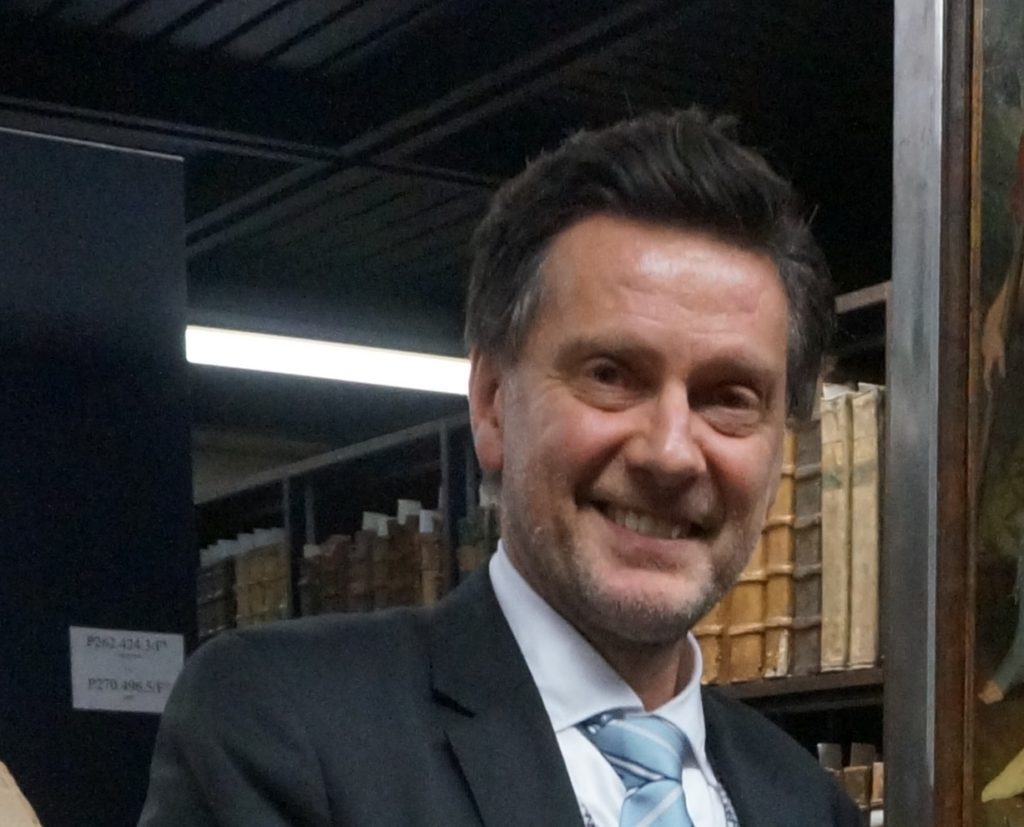
Professor of Early Modern Church and Theology at KU Leuven (Belgium) and Academic Librarian of the Maurits Sabbe Library of the Faculty of Theology and Religious Studies (Belgium)
